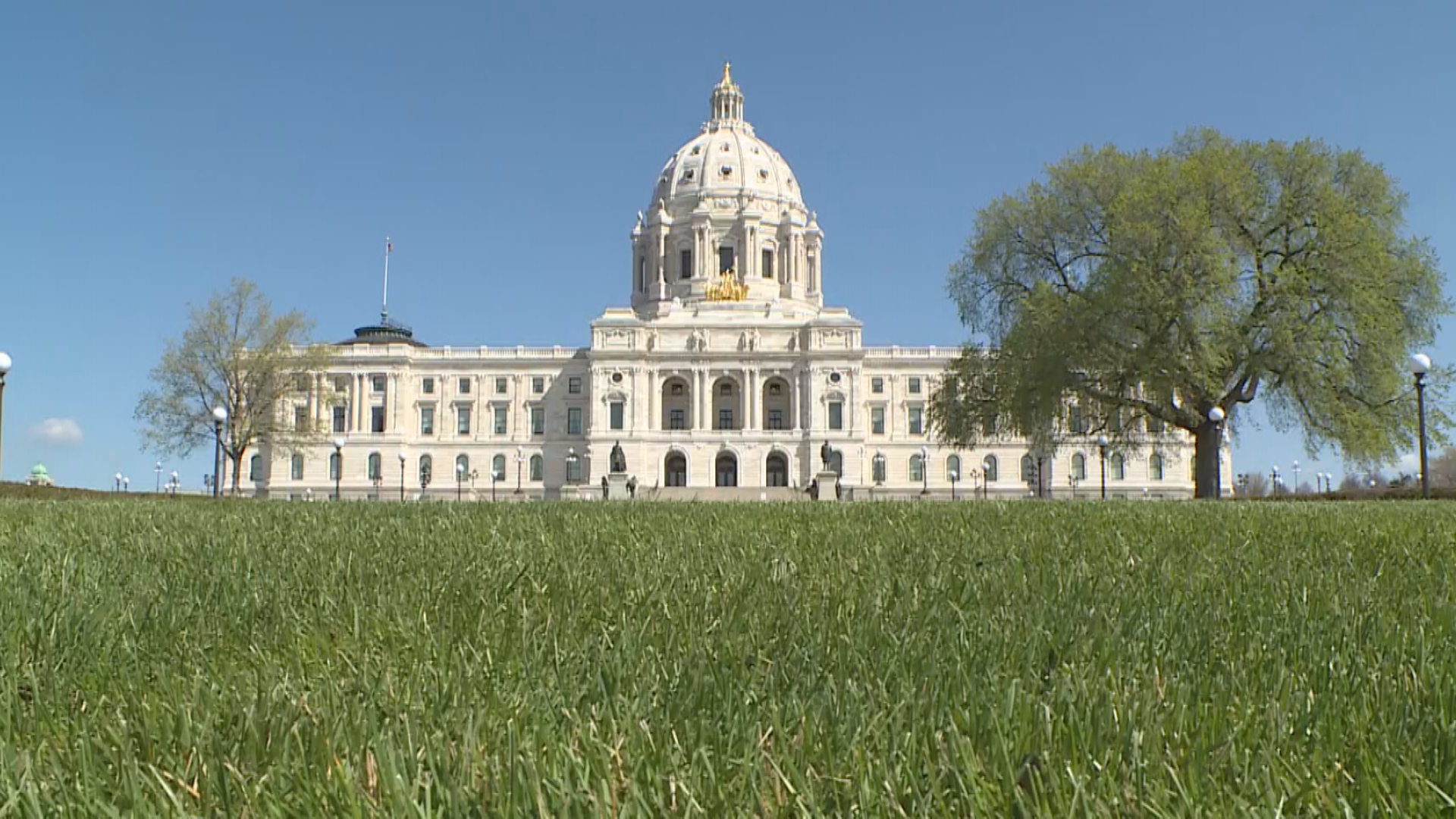ST PAUL, Minn. — The Minnesota House Tuesday will debate the public safety bill that grew out of weeks of private negotiations between House Democrats and Senate Republicans. It's one of the final major spending bills still hanging in the 2021 special session just days before a looming partial government shutdown.
DFL lawmakers Monday said they were disappointed that many of the police reform measures that passed through the House during the regular session didn't survive in the final compromise bill language.
"The law needs to be serious about accountability, or it is not serious about public safety," Rep. Carlos Mariani, the St. Paul Democrat who chairs the House Public Safety Committee told reporters.
"It's time for the Minnesota Senate to get serious and keep its promise for meaningful police accountability."
Members of the POCI Caucus -- a group of lawmakers who identify as Persons of Color or Indigenous Native American -- say they plan to add three amendments to the public safety bill during debate on the House floor.
Those include:
- Restrictions on pretextual traffic stops, such as equipment violations
- Use of sign-and-release warrants instead of arrest warrants
- Increase the statute of limitations for wrongful death lawsuits to six years, rather than two.
"This is really about making sure the families impacted by police violence have an opportunity to be heard," Rep. Jamie Becker-Finn, a Roseville Democrat, explained.
"The Senate has refused to hold hearings on these things. They have refused to listen to the public and we have been listening to the public. We have been listening to our constituents. Minnesota is ready for these reforms."
The public safety package does contain some reforms, including:
- Tighter rules for the use of no-knock search warrants
- Jail inmate health and safety regulations
- Restrictions on civil forfeiture of vehicles that belong to innocent persons
- Stronger rights for police confidential informants
"This particular bill is first and foremost about funding the courts, funding police and funding corrections," GOP Senate Majority Leader Paul Gazelka told reporters Monday.
"And obviously it became much more than that when people started talking about the police accountability measures they wanted to do. We started out by saying we’re not going to do any anti-police measures in this bill, and I think we were successful at that."
Gazelka said he's happy that the bill also increases penalties for those who attack officers, a provision called the "Matson Bill," named for Waseca Officer Arik Matson who was severely injured when he was shot in the head in the line of duty in 2020.
The bill would set the maximum sentence from 20 to 25 years for great bodily harm to an officer, and 20 to 30 years if a dangerous weapon is used in the attack.
RELATED: Arik Matson helps introduce bill to toughen penalties for attempted murder of police officers
The GOP leader said if the House adds any amendments to the bill, the Senate will remove that language and send it back to House for another vote.
"Last July was the most comprehensive police reform bill that we’ve ever done in Minnesota, and we said we’d take a look at some more things this year and we did," Sen. Gazelka remarked.
"Senate Republicans believe that we need to stand up for our police officers as they stand in the gap for us. Day in and day out they stand in the gap."
Republicans also negotiated for $600,000 in grant money to help rural police departments purchase body cameras for officers. That drew criticism from public safety advocates because Senate Republicans also rejected a provision that would require that families get access to body camera footage with 48 hours of a police shooting.
Democrats objected to the fact that Republican lawmakers in both the House and Senate have used every opportunity to shift the spotlight on rising violent crime in the Twin Cities during discussion of police reforms.
"I believe that my GOP colleagues made a political calculation," Rep. Cedrick Hunter of New Hope, one of the leading Democrats in the public safety negotiations, told reporters.
"The calculation they made is that this narrative of high crime rates -- particularly villainizing the city of Minneapolis -- that this narrative is one they believe is going to help them win elections in 2022."

